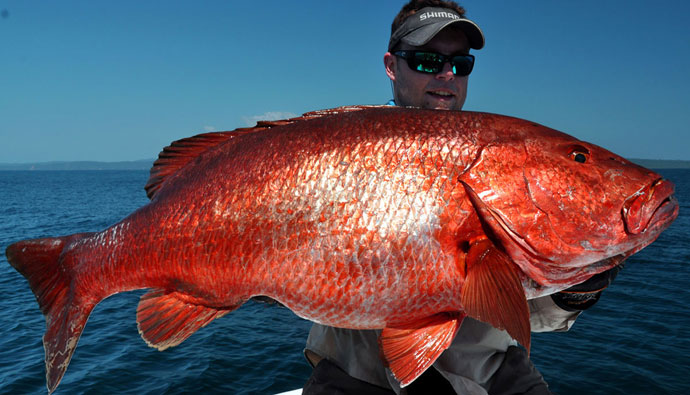Red Snapper Fishing
on the Gulf Coast
"Premises and Goals" |
GalvDailyNewsMasthead
Bill Sargent, Mark Mansius, and John Gay all ran for Congress in the 2012 Republican Primary. They became friends and have been writing weekly columns for the Galveston County Daily News since May 2013.
Bill Sargent, Mark Mansius, and John Gay all ran for Congress in the 2012 Republican Primary. They became friends and have been writing weekly columns for the Galveston County Daily News since May 2013. |
|  Editor’s Note: The Three Musketeers have spent the last five weeks interviewing red snapper fishermen from all sectors. This is the fourth in a five part series which delves into some of the issues and possible solutions to the management of red snapper on the Gulf Coast. Editor’s Note: The Three Musketeers have spent the last five weeks interviewing red snapper fishermen from all sectors. This is the fourth in a five part series which delves into some of the issues and possible solutions to the management of red snapper on the Gulf Coast.
March 23, 2017
Exceptional results start with defining relevant premises. Our premises include:
- Protecting the red snapper resource and ensuring access for those who actually fish;
- Utilizing the law of supply and demand, relying heavily on a free market to govern, and avoiding oligarchies/monopolies that skew marketplaces; and
- Understanding the best government is the government that's closest to those it serves.
Additionally we have a number of goals. The first is to improve the accuracy of the data on the red snapper fishery so wise decisions can be made about the overall catch limits. If the National Oceanic and Atmospheric Administration (NOAA) has egregiously understated the supply of red snapper then NOAA must significantly increase the allowable catch. This seemingly universal belief defines the first critical set of tasks; develop plans and provide the resources to determine the actual supply, and determining the true demand for red snapper. NOAA should provide the funding while the Gulf States' fish and wildlife agencies should do the work necessary to get an accurate assessment in both state and federal waters.
The second goal is to transfer the day to day fishery management authority from the federal government to the five Gulf Coast states' fish and wildlife agencies. Last year the House Natural Resources Committee reported a bill (HR 3094) that was an effort to do this. We believe this makes sense, partly because it would have one set of rules for both state and federal waters but also because the more local a government is, the more responsive it becomes. Additionally the states have proven they have the capacity to effectively manage fisheries.
Doing this, however, doesn't come without drawbacks. It requires states to work together in unison and leaves questions about funding. Perhaps an alternative variation might provide a more stable solution. One might consider a solution based on the model established over 200 years ago by the founding fathers. A majority of the states (three) could determine the overall management of red snapper in the Gulf of Mexico. NOAA would have the authority to veto the states' management plan while a super majority of the states (four out of five) could override a NOAA veto. This might bring more consistency to the fishery's management (i.e., reducing fluctuations caused when the political leadership in a state -- or the federal government -- changes hands and thereby changes the fishery management philosophy in the impacted state/federal government). Using this model could also be extended to determining the annual allocation of catch limits thereby granting the states collectively this power.
Regardless of the management system that is adopted, commercial fishermen must be granted access to all fish houses and ports along the Gulf Coast so they can get the best price for their fish.
The third goal would be to reserve increases in the commercial allocations for fishermen who actually fish and catch a reasonable percentage of their IFQ. It might make sense to establish a window where only those who can demonstrate they have been actually fishing for the past five years would qualify for increases in the fish catch limits. Those who make money from the fishery by leasing their fish catch allocation without out actually fishing should not profit from such increased limits.
Continued tomorrow!
Bill and Mark and John
|


 You Are Here: Home > Galveston Daily News Columns > Red Snapper: Premises and Goals
You Are Here: Home > Galveston Daily News Columns > Red Snapper: Premises and Goals
